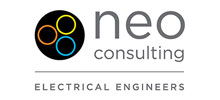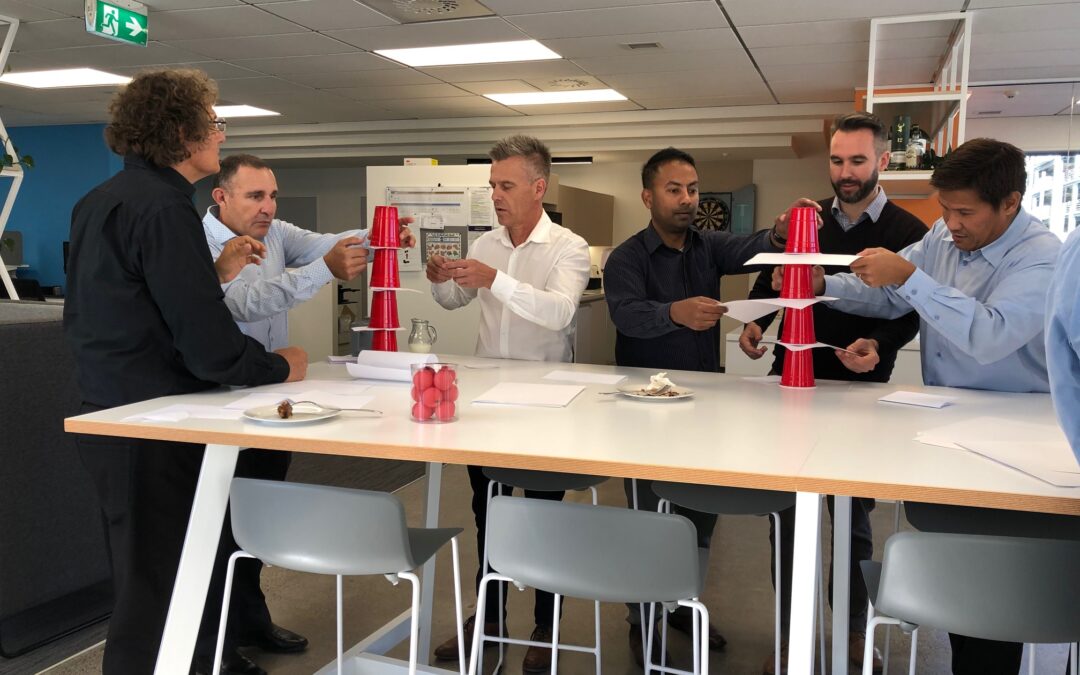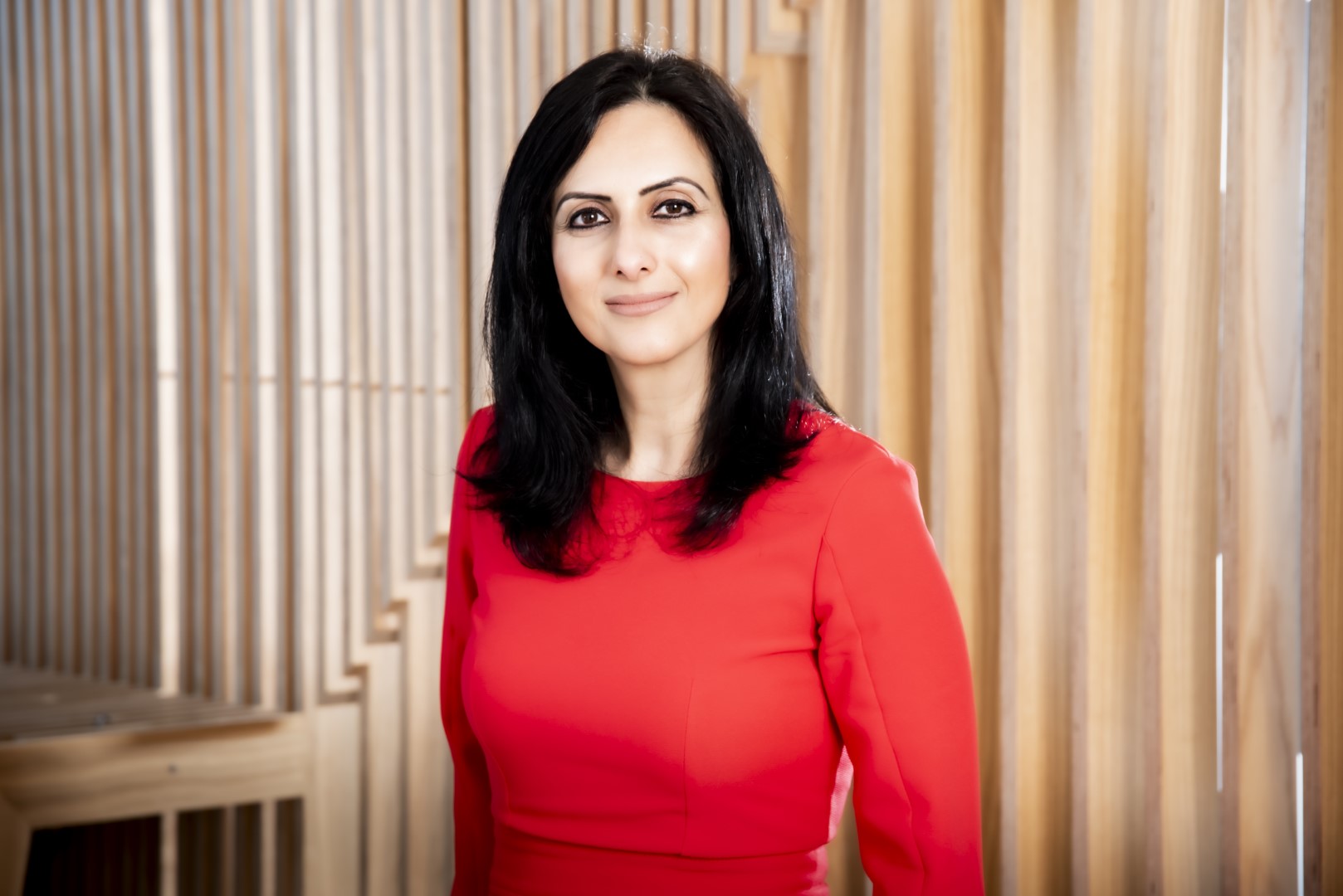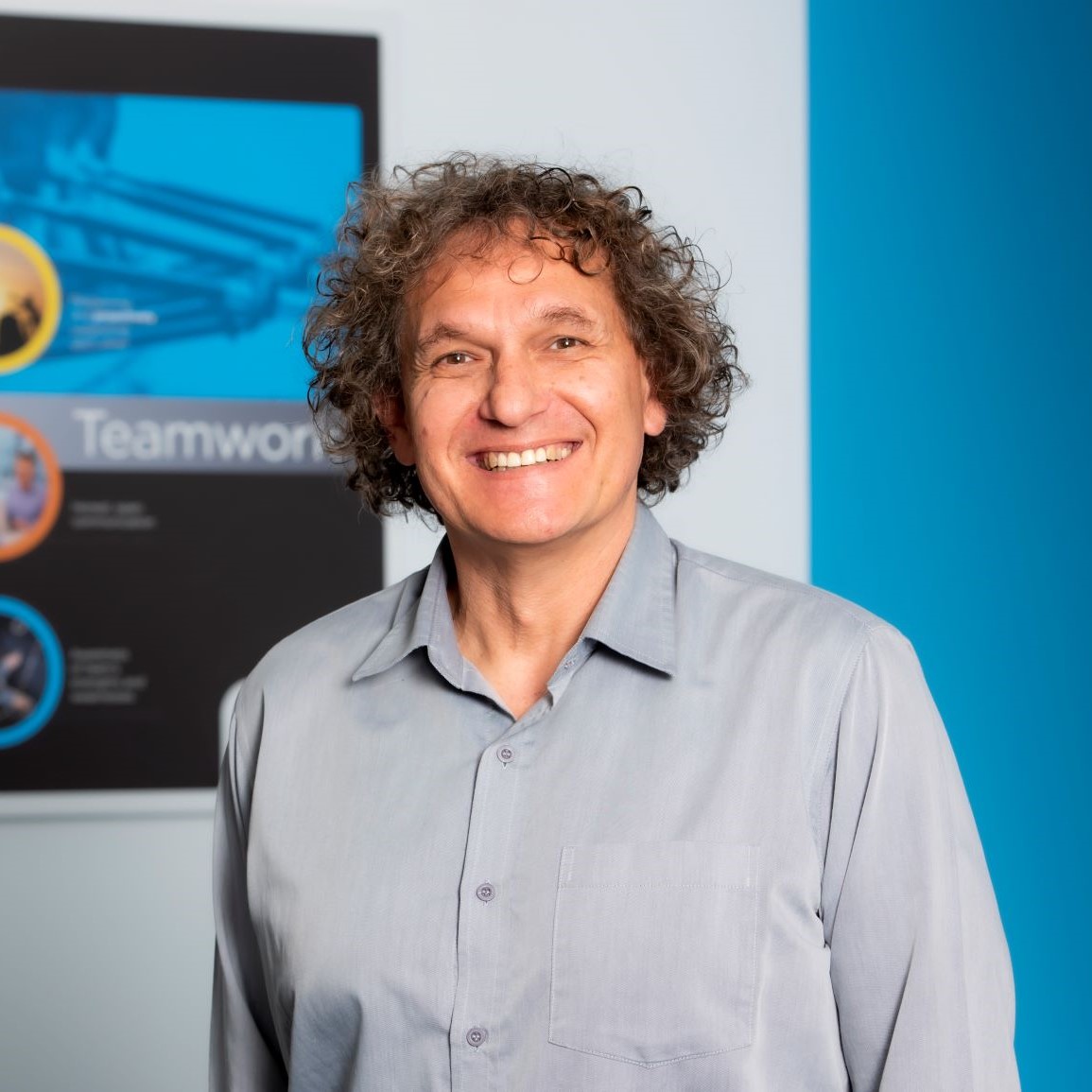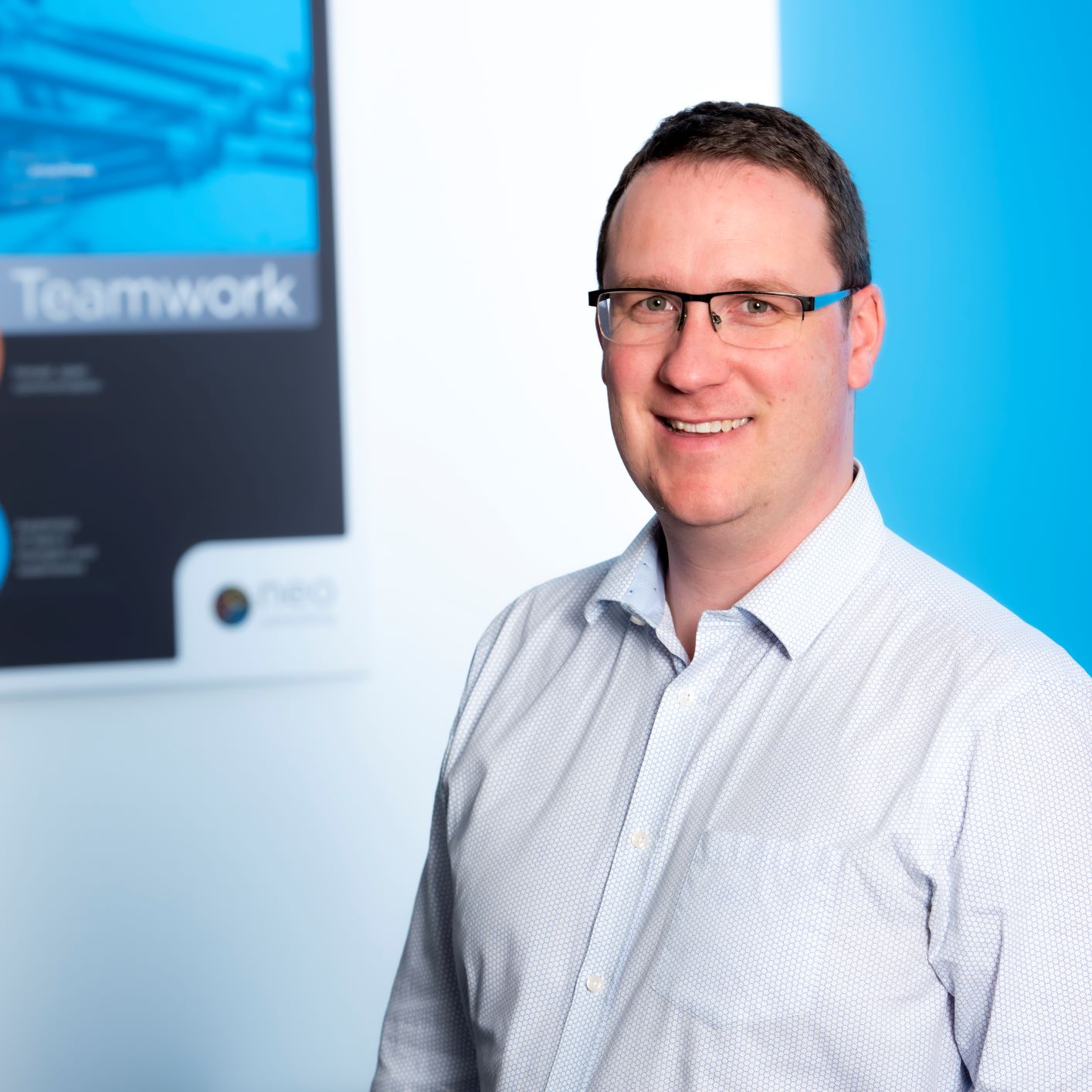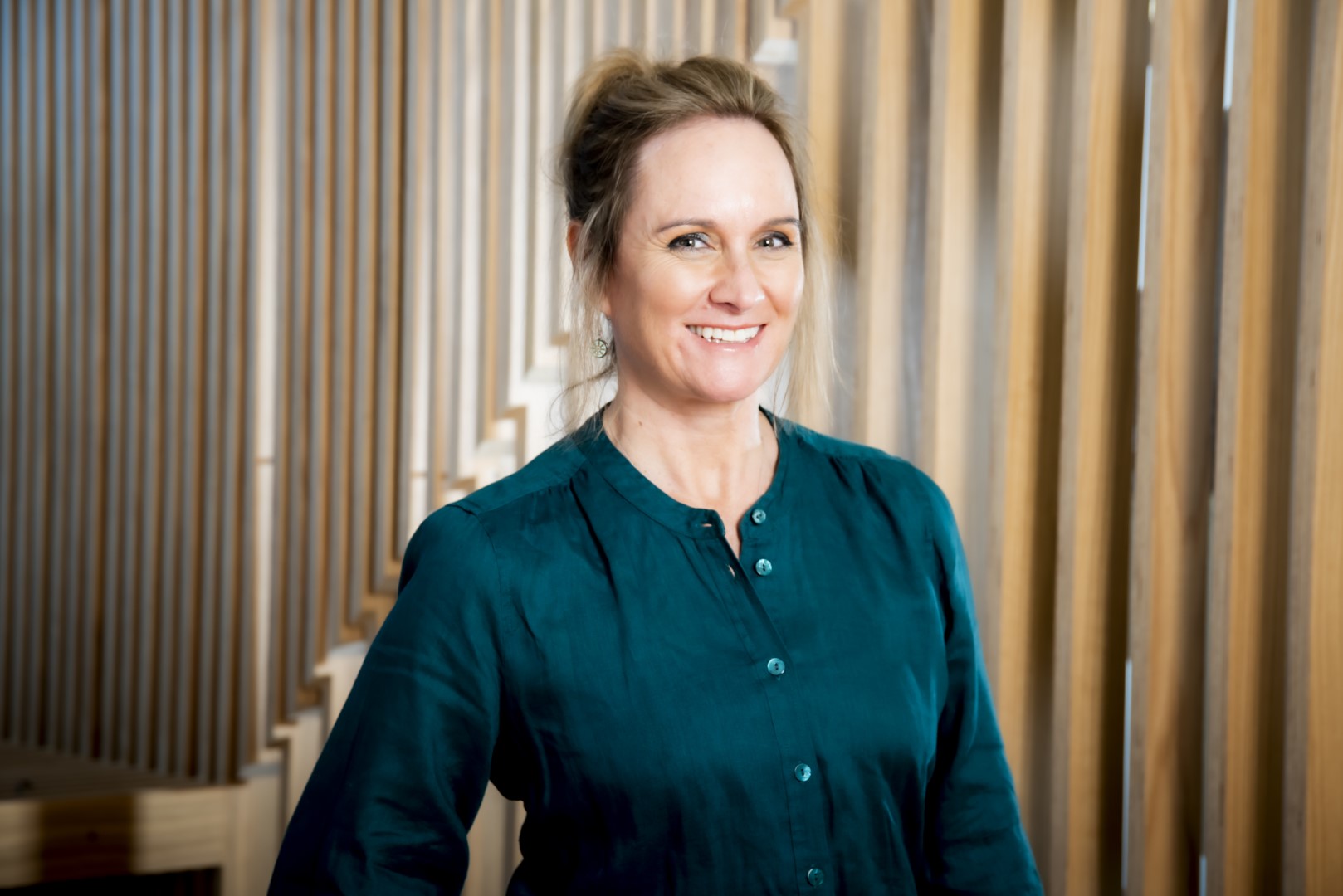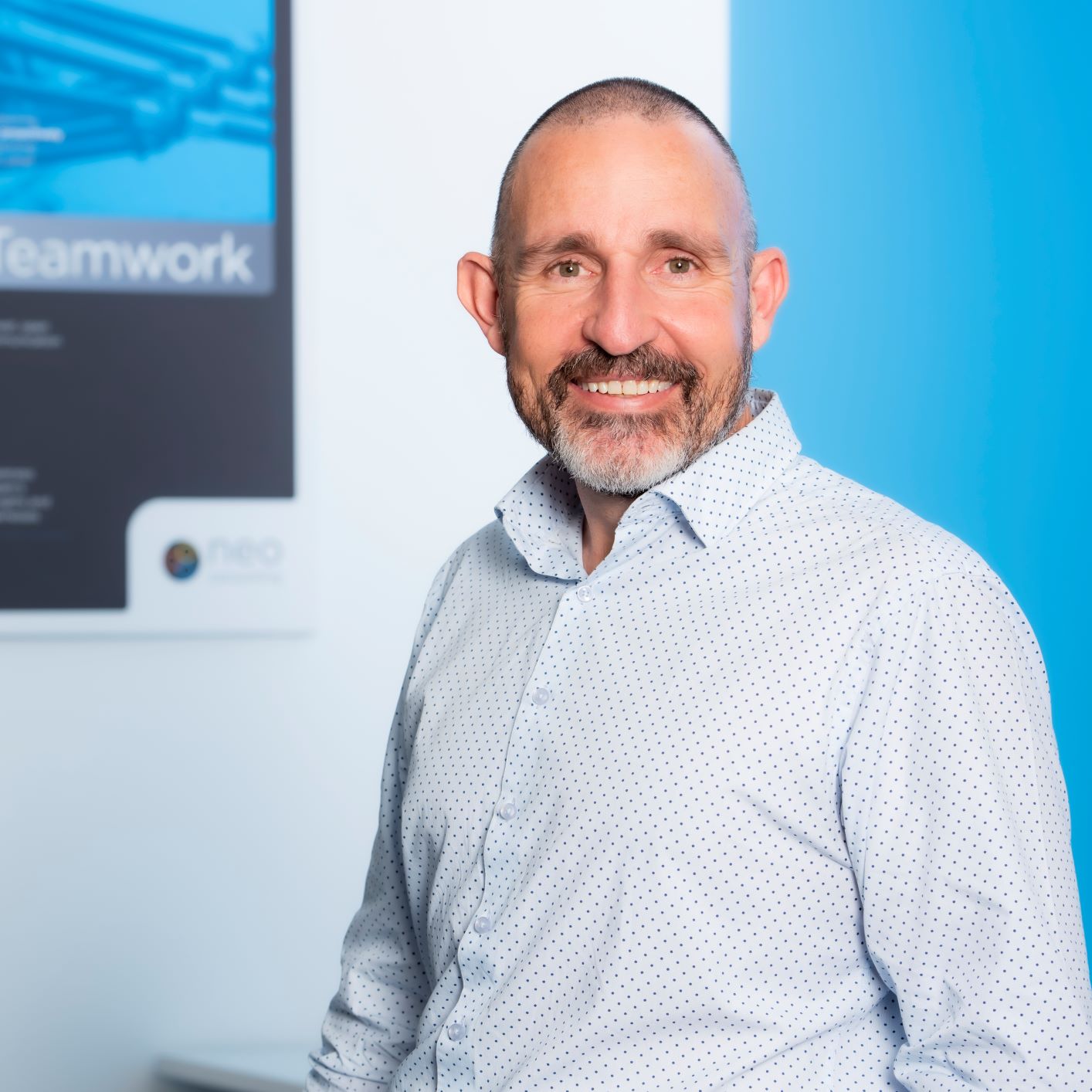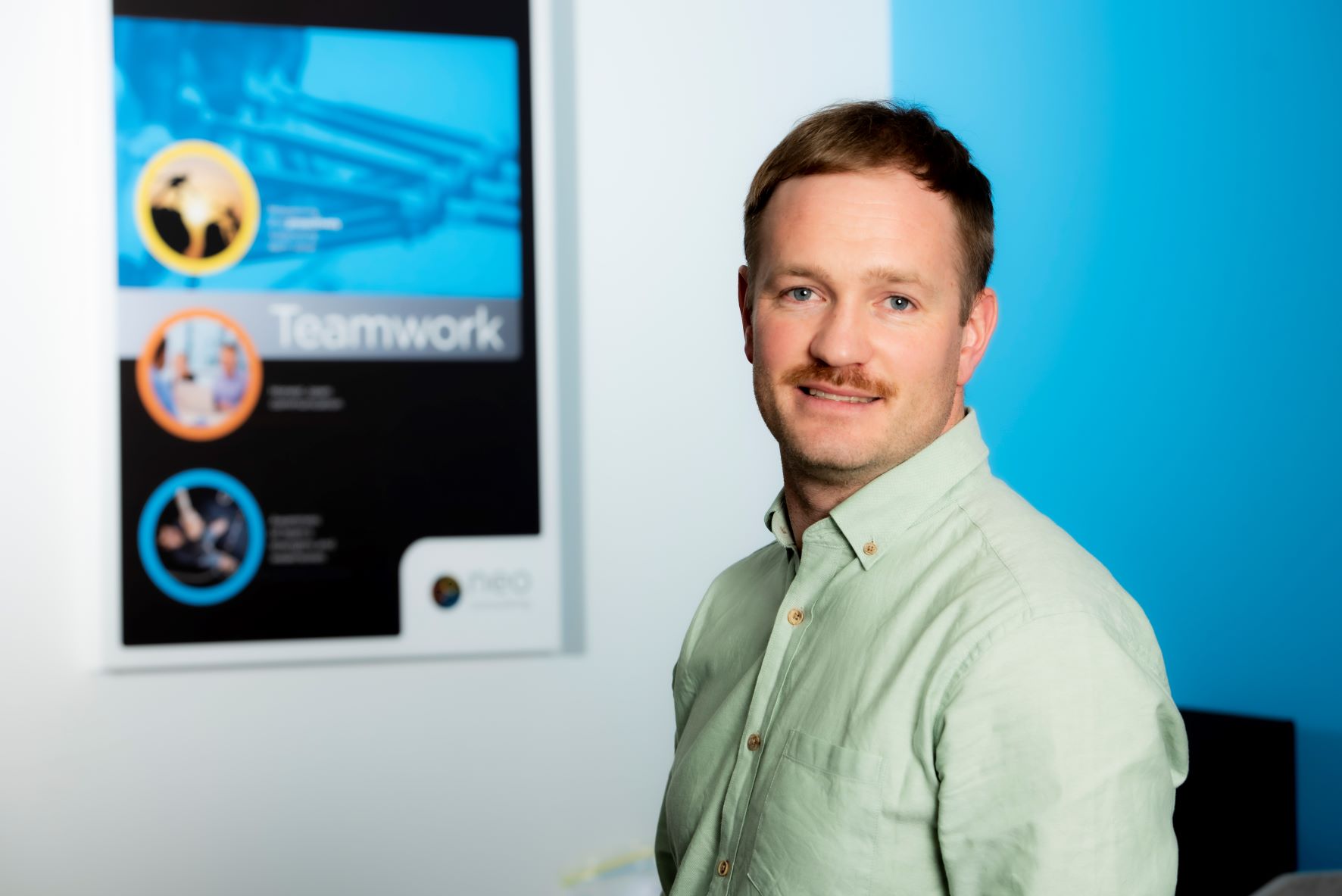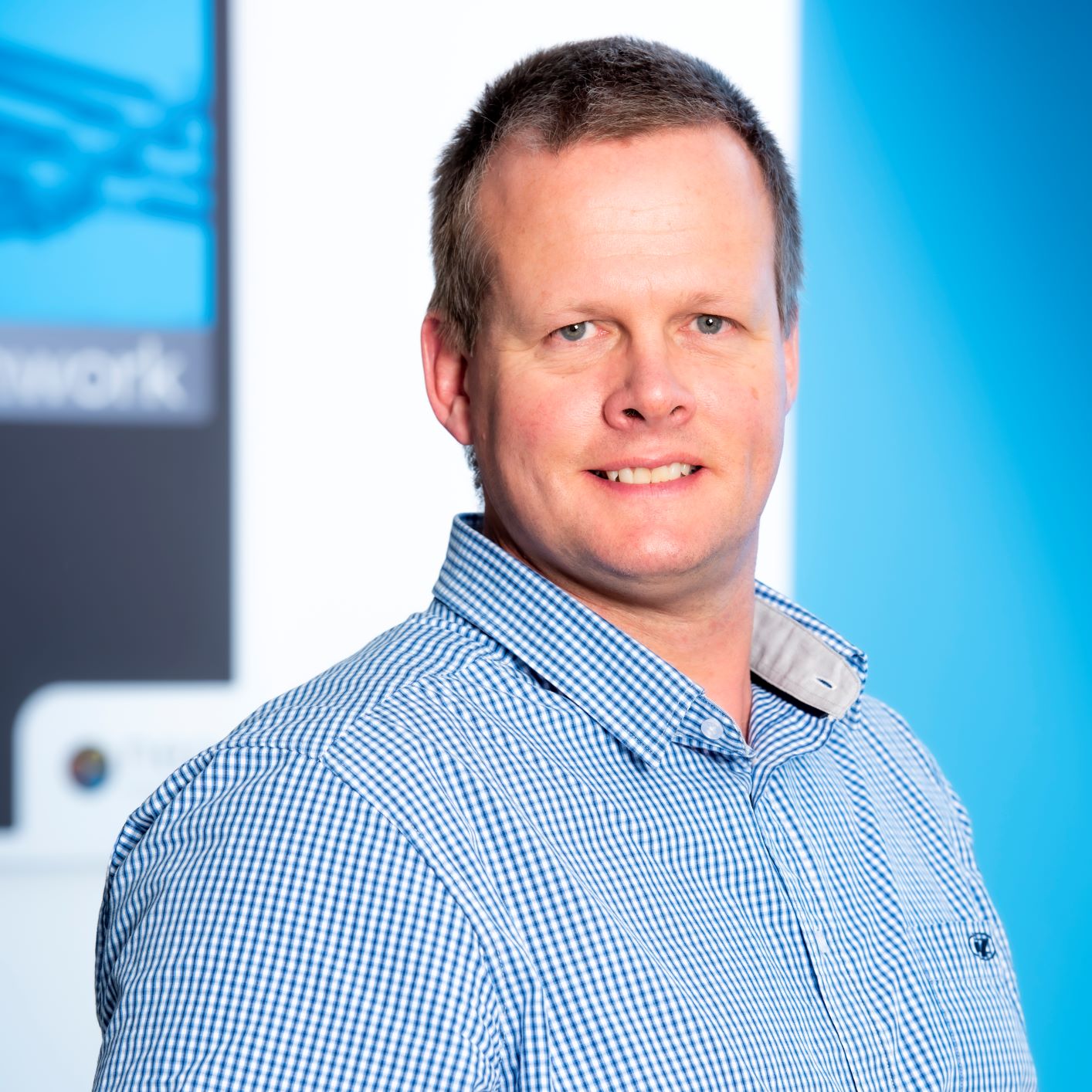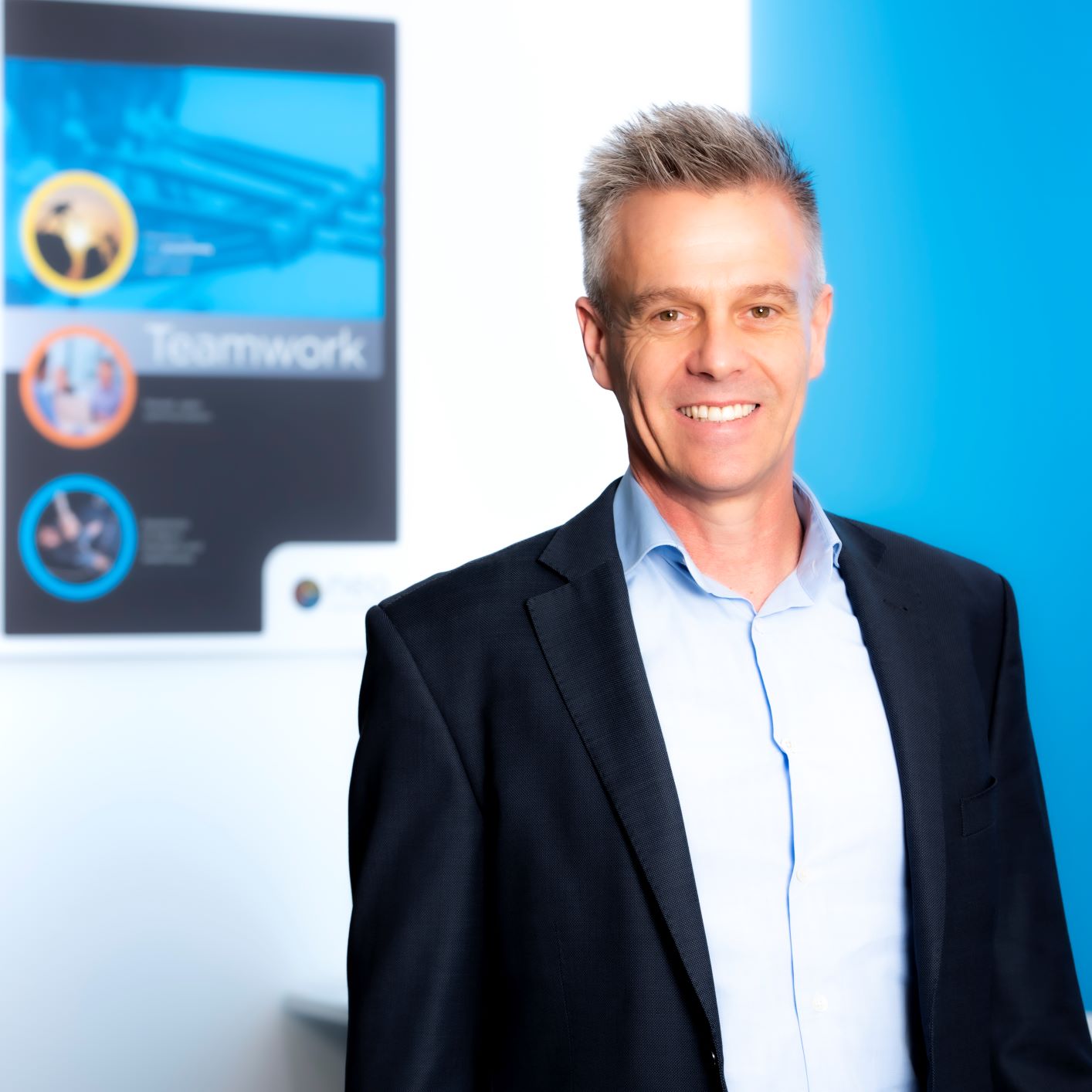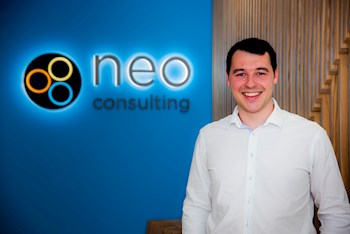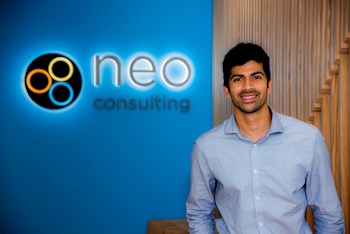As part of our Values Wheel mini series, our third and final blog is discussing the theme of a ‘dynamic organisation’ – what that means, and how we implement it.
A dynamic organisation is a term that describes a company that uniquely combines elements of traditional organisational traits. These are utilised to create a more responsive, agile and adaptive organisation that is tailored to meet the needs of its clients and broader community.
At Neo that means that, put into practice, we implement the following principles;
1. Establish desired outcomes for everything
The ability to move and adapt effectively to change hinges on the entire team having a mutual understanding of the desired outcome. This works across the board – from meetings, projects and tasks. When the desired outcome is well defined and well communicated, a team is much more able to operate quickly and autonomously.
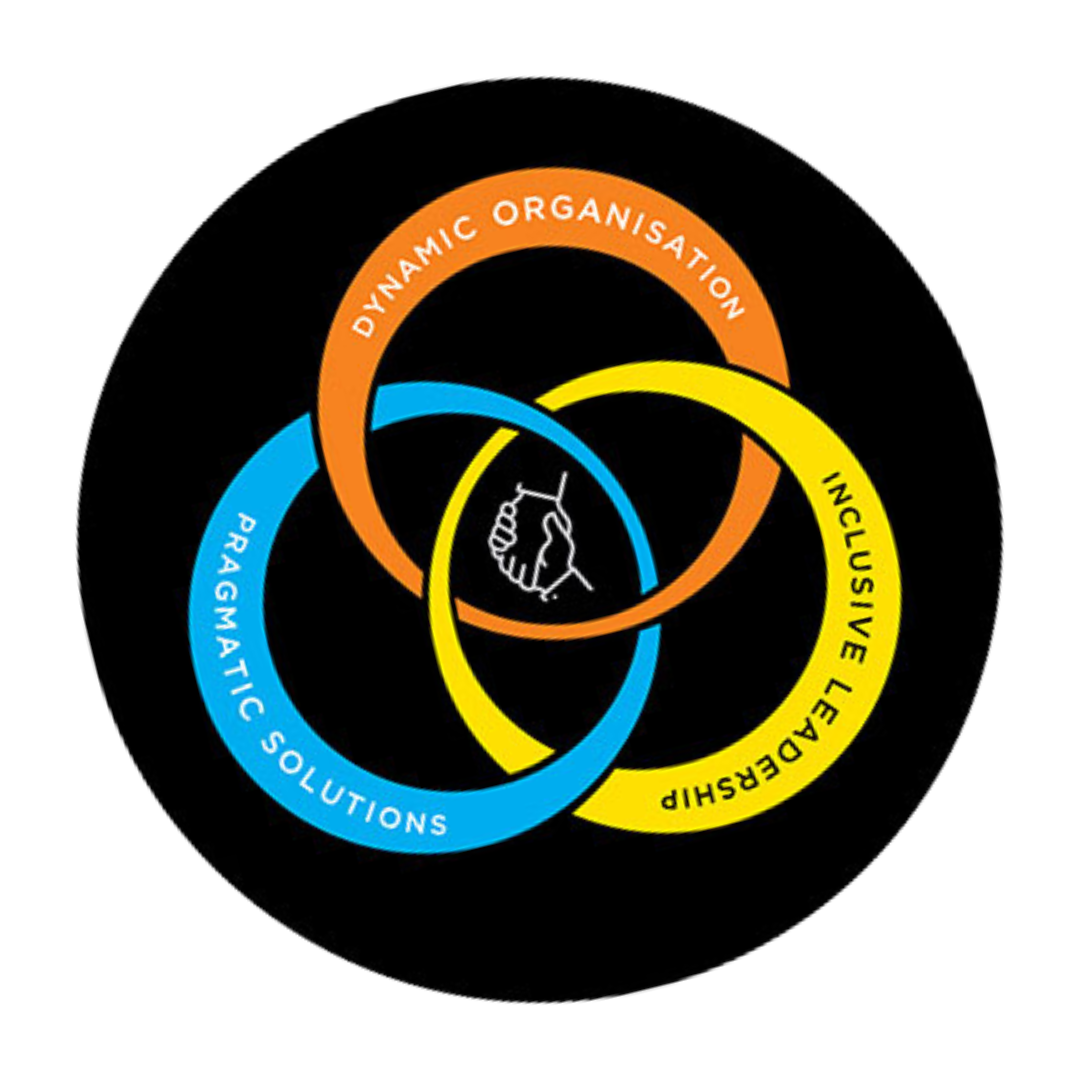
2. Empower all members of the team
We are firm believers in empowering all of our team members, at all levels. Empowering our team members to research, gather intelligence, generate recommendations and make decisions are an important foundation for a dynamic organisation.
3. Insist on transparency
We have a large focus on building an agile work environment, so that we have both physical and digital spaces where a “shared consciousness” can be cultivated. This is important to us as a dynamic organisation, because information silos are often a huge barrier for speed and efficiency. Our open plan working environment allows our team accessibility, and facilitates frequent interactions and visible information sharing.
4. Be flexible and adaptive
With our clients’ challenges and world constantly moving, being simply reactive isn’t the best approach. Clients require the services we offer to be customisable, flexible and adaptable, while being able to respond to rapidly to their evolving challenges and opportunities.
5. Leverage innovation
Being innovative means sometimes taking risks. We encourage our team to challenge the norms, experiment when and if necessary, and learn by doing. Leveraging innovation to us means validating assumptions, being data-driven, and create key learnings where needed. Dynamic organisations aren’t usually about coasting – we are constantly striving to move forward and make the best decisions along the way.
Leveraging the foundations of being both a learning and disciplined organisation, Neo’s values for building dynamic organisation mean that we can adapt to the changing needs of our clients without disrupting existing operations.

